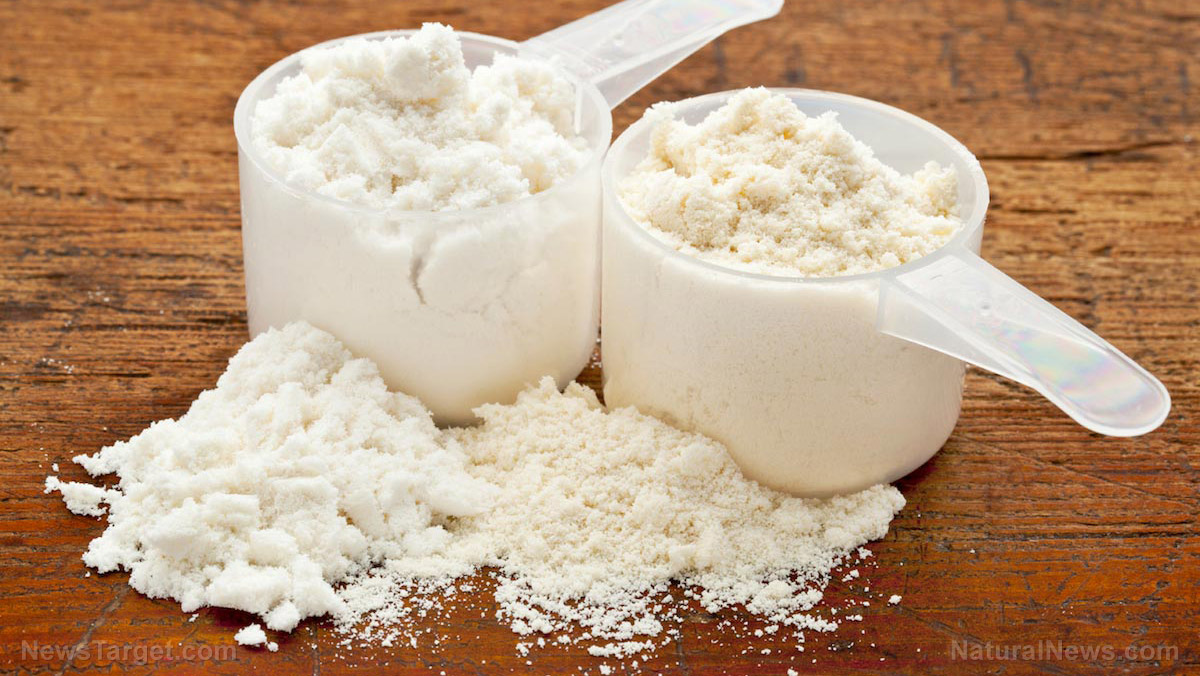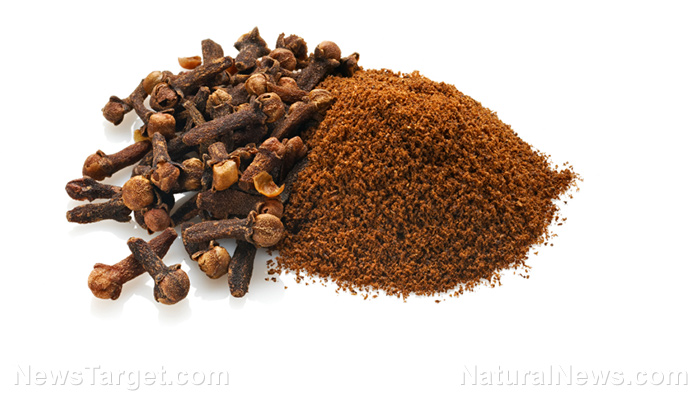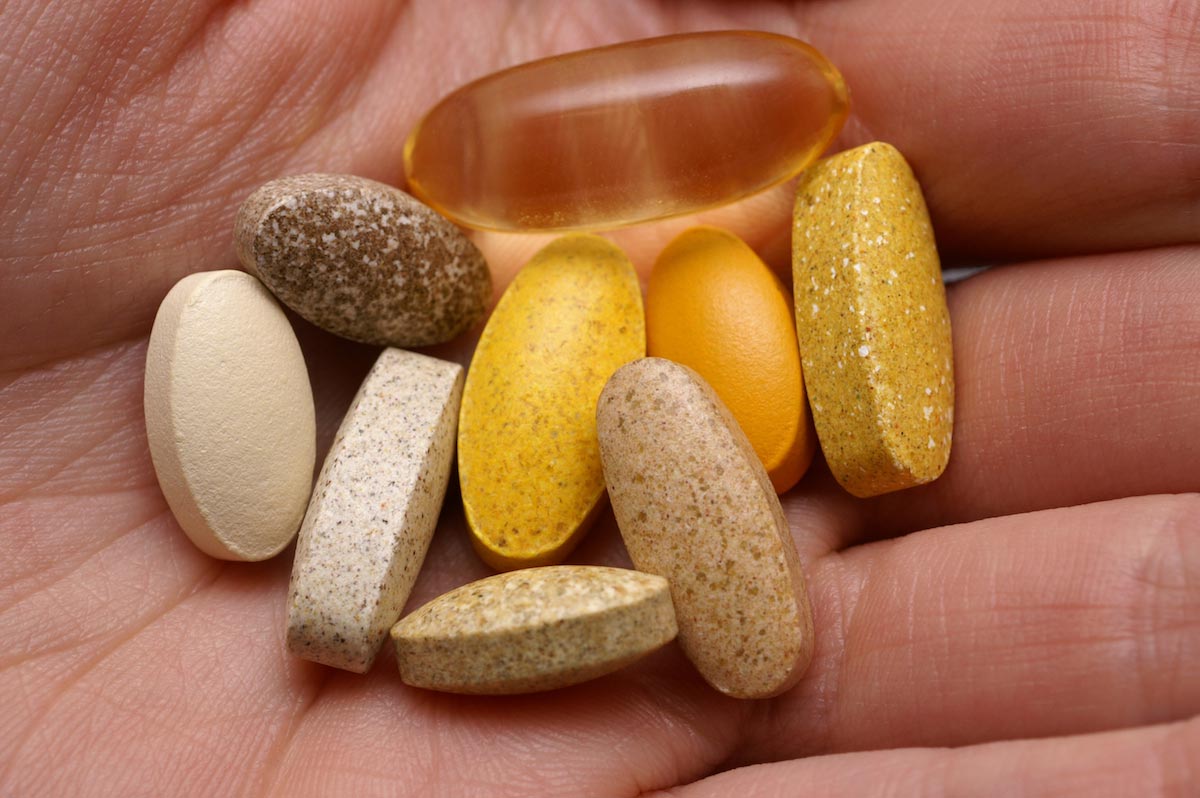Researchers find that consuming blended protein supplements can improve energy malnutrition, muscle mass in leukemia patients
04/02/2019 / By Janine Acero

Cancer can accelerate the deterioration of a person’s body like no other. Researchers from China investigated the effects of ingesting a soy-whey protein blend on protein-energy absorption and muscle mass of patients with acute leukemia before they undergo treatment, and published their findings in the journal Nutrition Research.
Patients with acute leukemia often exhibit severe protein-energy malnutrition (PEM) and decrease in muscle mass. The ingestion of a soy-whey protein blend has been shown to promote muscle protein synthesis. The researchers aimed to test the effectiveness of this supplementation on improving the PEM status and muscle mass of acute leukemia patients before they undergo allogeneic stem cell transplantation, commonly known as bone marrow transplant.
The researchers tested their hypothesis on 24 patients who were randomly assigned to a natural diet plus soy-whey blended protein (BP) group and a natural diet only (ND) group.
Their data showed that the protein and energy intake of all 24 participants decreased significantly after transplantation.
In the ND group without the BP intervention, the researchers observed a significant reduction in muscle-related indicators (i.e., anthropometric variables, muscle strength and serum protein) in more than 50 percent of the patients.
Meanwhile, 66 percent of the patients who ingested the soy-whey BP before transplantation exhibited significant increases in arm muscle area. The gripping power value was also significantly higher in the BP group than in the ND group.
The supplementation of the soy-whey BP also increased the levels of serum albumin, globulin and serum total protein to varying degrees.
The researchers noted that the average time to stem cell engraftment was significantly shorter for patients in the BP group (12.2 ± 2.0 days) than for patients in the ND group (15.1 ± 2.9 days).
Based on these findings, the researchers conclude that soy-whey protein blend supplementation can improve the PEM status and muscle mass of leukemia patients.
Best supplements for muscle gain
For healthy individuals aiming to gain muscle mass, here are some of the best supplements to take. Note that these supplements can only take you part of the way – you should also have an exercise program that targets muscle mass and strength, as well as a dietary plan designed to help you meet your fitness goals.
- Creatine – This molecule provides energy for your muscles and other tissues. Taking it as a dietary supplement can help your body produce more creatine by up to 40 percent beyond its normal levels. Research shows that creatine improves muscle mass and strength, which can help you perform better during exercise.
- Beta-alanine – This amino acid aids in the production of carnosine, a compound that helps with muscle endurance during exercise. One study shows that taking 4 g of beta-alanine per day for eight weeks increases lean body mass in college athletes. Another study shows a similar outcome of increased lean body mass by about one pound in participants who took a beta-alanine supplement during a six-week, high-intensity interval training program.
- Branched-chain amino acids – BCAAs consist of three individual amino acids: leucine, isoleucine and valine. They make up about 14 percent of the amino acids in your muscles, which make them critically important for muscle growth. BCAAs are abundant in animal-derived protein sources such as meat, poultry, eggs, dairy and fish.
- Beta-hydroxy beta-methyl butyrate (HMB) – This molecule is produced naturally by your body after it metabolizes the amino acid leucine. It bolsters the beneficial effects of protein and leucine in the diet, particularly reducing the breakdown of muscle proteins.
Be the best version of yourself today. Learn more about the health benefits of staying fit and healthy at Slender.news.
Sources include:
Tagged Under: #nutrition, energy malnutrition, fitness, functional food, leukemia, muscle mass, protein blend, research, soy, supplements, surgery recovery, whey



















